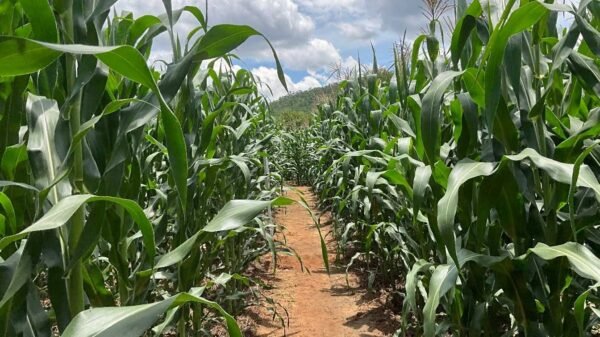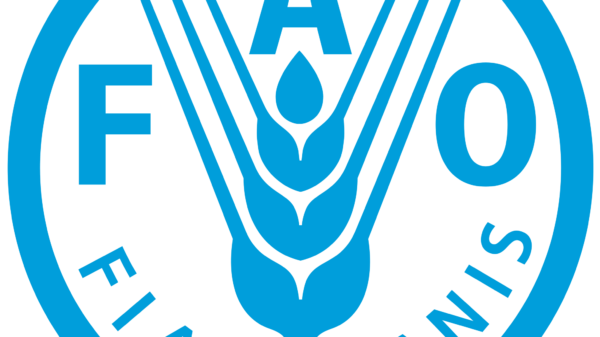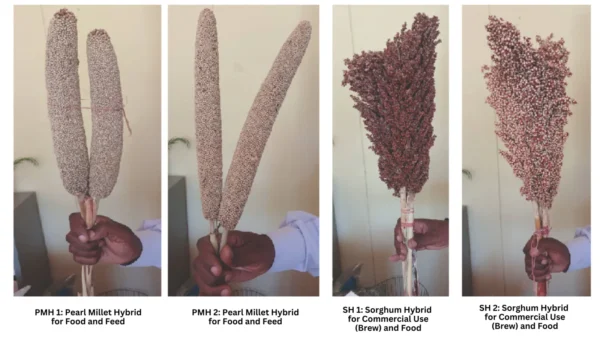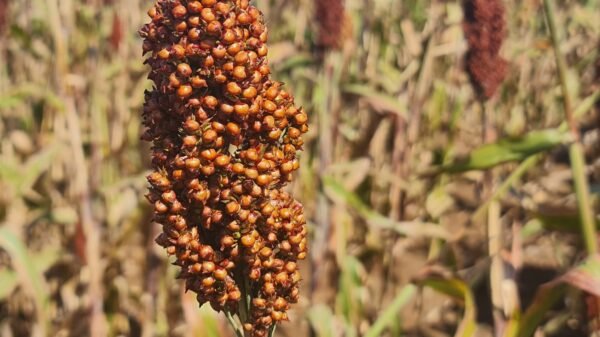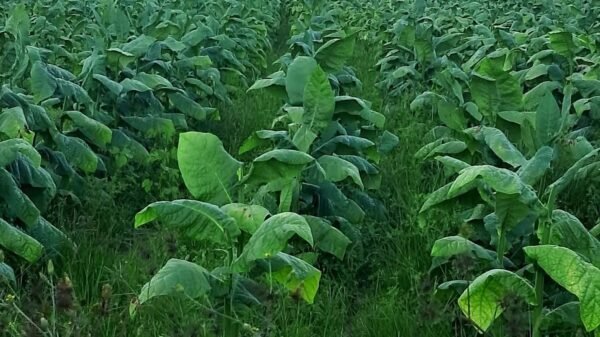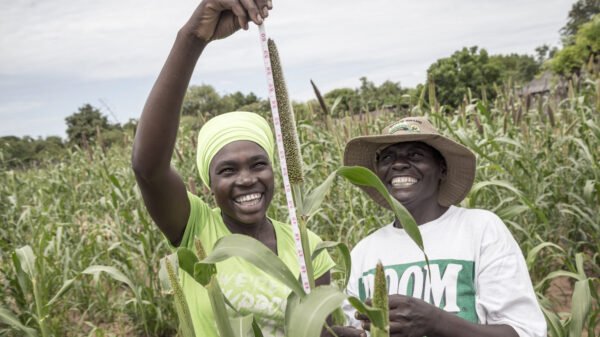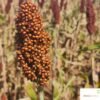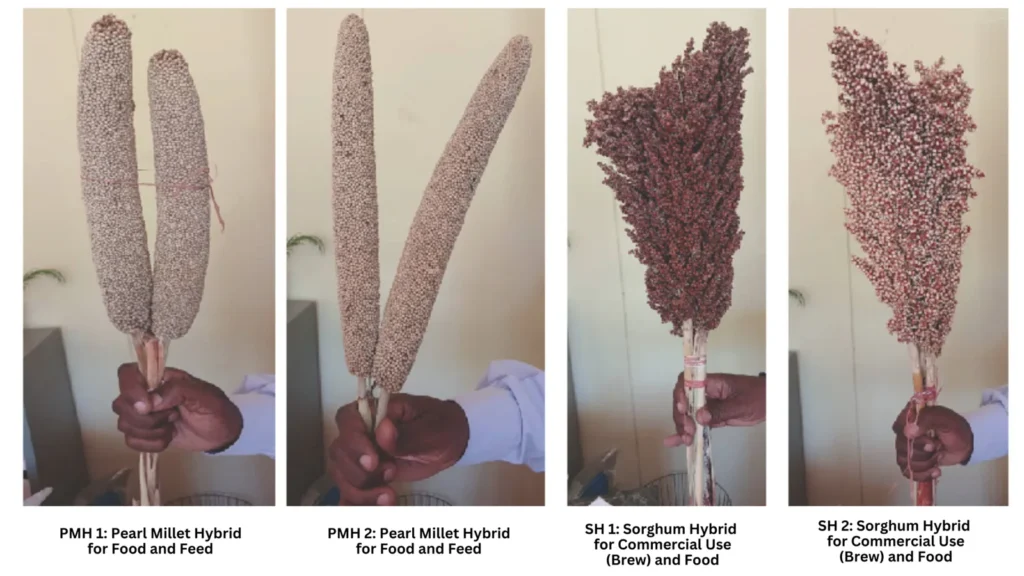
Science-led innovation is reshaping agriculture in Zimbabwe, directly addressing critical challenges such as climate change, food insecurity, and nutritional deficits.
THE International Crops Research Institute for Semi-Arid Tropics (Icrisat), in partnership with the government of Zimbabwe’s Crop Breeding Institute (CBI), has successfully co-released the country’s first two pearl millet hybrid varieties (PMH 1 and PMH 2) and two new sorghum hybrid varieties (SH1 and SH2). These breakthrough varieties mark a significant step towards enhancing food security and climate resilience, particularly for smallholder farmers in Zimbabwe’s drylands.
The hybrids are specifically developed to excel in Zimbabwe’s semi-arid conditions, offering substantially higher yields compared to the older open-pollinated varieties (OPVs) traditionally used by farmers. In addition to their drought tolerance, these hybrids present opportunities to boost farmer incomes through diverse applications, including food production, animal feed, and industrial uses such as brewing.

Above: Stanford Blade, interim deputy director-general (research) of Icrisat, engages in an insightful discussion with Anxious Masuka, Zimbabwe’s minister of Lands, Agriculture, Fisheries, and Rural Development at the Africa Food Systems Forum in September 2024.
The release of these hybrids aligns with the government’s policy to promote small grains as a cornerstone for climate change adaptation and food security.
The minister of Lands, Agriculture, Water and Rural Resettlement, Anxious Masuka, engaged in discussions with Stanford Blade, the interim director-general and deputy director-general (research) at Icrisat, underscoring the importance of strategic partnerships, innovative product development, agro-ecological mapping, and robust financial support. This collaboration has been instrumental in reaching the significant milestone.
“The introduction of these pearl millet and sorghum hybrids is a breakthrough for Zimbabwean agriculture,” said Blade. “Through cutting-edge science and innovation, we are providing farmers with the tools to tackle climate change and thrive. Together with the government of Zimbabwe, we are paving the way for a sustainable agricultural future that uplifts farmers, strengthens industries, and ensures food security.”
The new varieties are also expected to contribute significantly to Zimbabwe’s school feeding programmes. Small grains such as pearl millet and sorghum are rich in essential nutrients, making them an ideal choice for combating malnutrition among school-going children. By integrating these high-yielding and climate-resilient grains into school meal plans, the government can ensure consistent, nutritious food supplies even in the face of prolonged droughts.
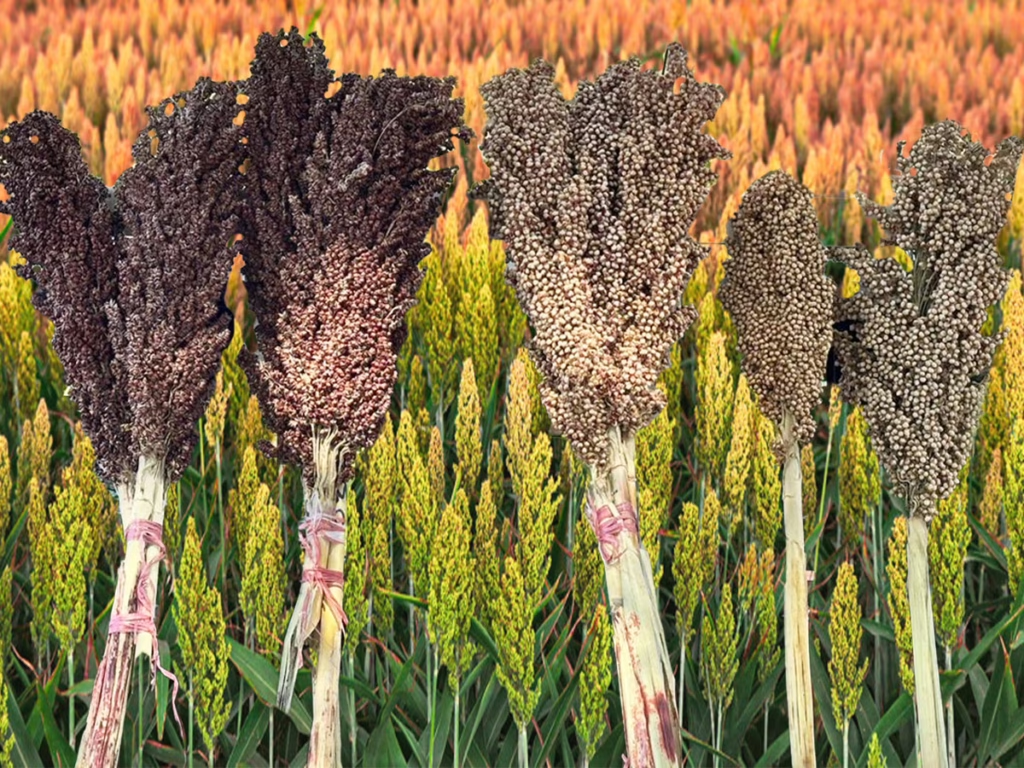
Above: Sorghum hybrids have the potential to revolutionise the role of small grains, reshaping Africa’s economic, food, and livestock feed systems.
Attributes of the new hybrids:
Pearl millet hybrids
- PMH 1 & PMH 2: Yield potential between 1.5 – 6.0 tonnes per hectare.
- Drought-tolerant with semi-erect growth habits and strong lodging tolerance.
- Ideal for both food and feed applications.
Sorghum hybrids
- SH1: High-yielding red grain hybrid (between 2.7 to 8.7 tonnes per hectare), suitable for brewing and food uses.
- SH2: Versatile creamy white grain hybrid, bred for food and animal feed.
Icrisat said these varieties have undergone extensive testing across Zimbabwe’s small grain-producing regions, demonstrating their adaptability to diverse agroecological zones. Farmers also played a key role in the selection process, ensuring the released hybrids aligned with their specific needs and preferences.
Rebbie Harawa, Icrisat’s regional director for Eastern and southern Africa, highlighted that these hybrids, with their higher yields, enhanced resilience, and market potential, hold great promise for transforming the livelihoods of smallholder farmers — the cornerstone of Zimbabwe’s agricultural sector.
“This is a proud moment for Icrisat and our partners. These releases signify our commitment to ensuring smallholder farmers are at the forefront of agricultural innovation, benefiting from resilient, high-performing crop varieties tailored to their realities,” said Harawa.
Icrisat said its collaboration with the government of Zimbabwe marks a renewed focus on leveraging research to address real-world challenges in agriculture.
“The continued development and dissemination of climate-resilient crop varieties underscore Icrisat’s commitment to transforming drylands and supporting sustainable development.”



